12 Movies That Accidentally Predicted the Future
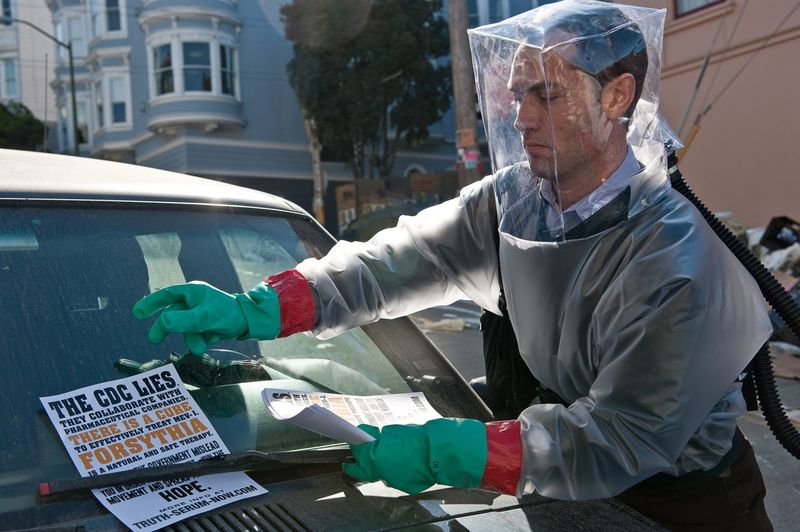
Movies have long served as a mirror to society, capturing the zeitgeist of their times while often looking ahead to imagine what the future might hold. Some films have gone beyond mere speculation, eerily predicting technological advancements, societal shifts, or global phenomena that later became a reality. From the advent of AI in personal devices to the unsettling reality of surveillance culture, these cinematic works provide an uncanny glimpse into futures that were, at the time, believed to be purely fictional. This blog delves into twelve such movies whose creators, perhaps unknowingly, foresaw the future with remarkable accuracy.
1. 2001: A Space Odyssey (1968)
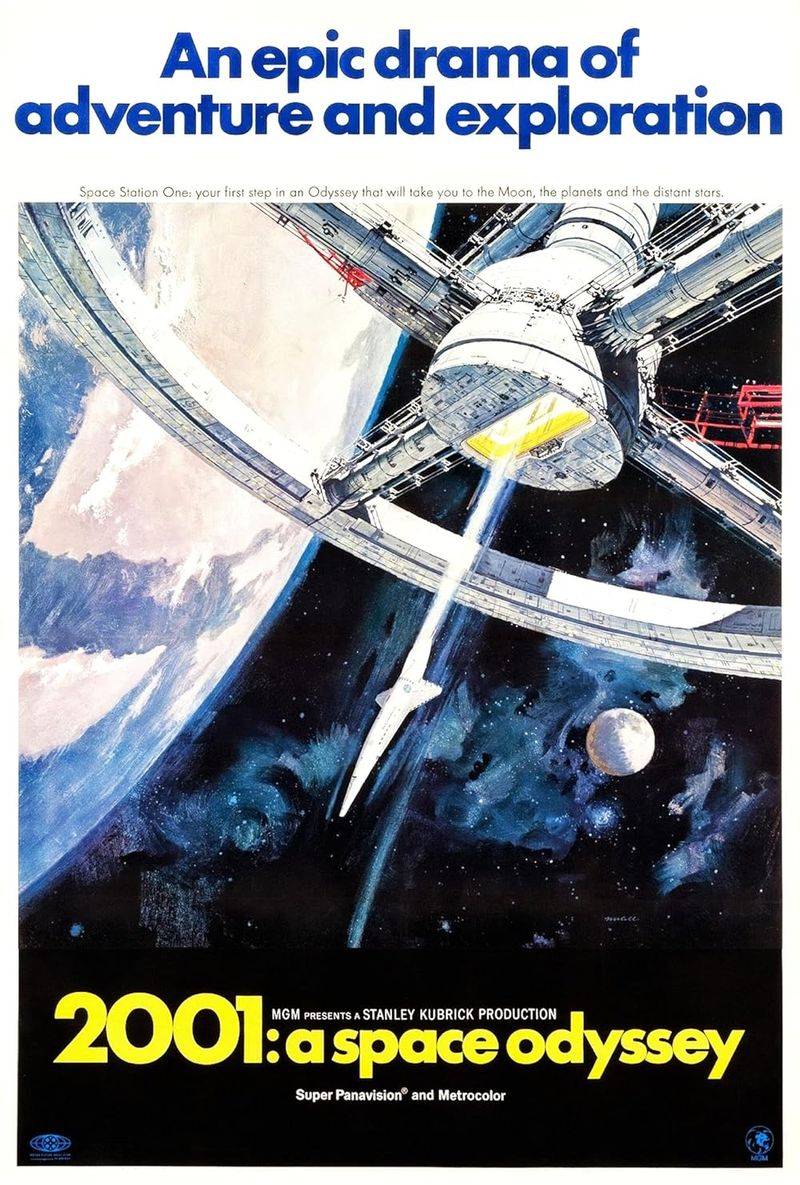
Considered a masterpiece of science fiction, Stanley Kubrick’s ‘2001: A Space Odyssey’ envisioned a future dominated by technology. This film, long before the digital age truly dawned, showcased tablet-like devices, reminiscent of the iPads and tablets. The characters engaged in video calls, a technology now ubiquitous in today’s world.
Moreover, HAL 9000, the film’s AI assistant, offered a glimpse into the future of virtual assistants like Siri or Alexa. Its presence in the film highlighted mankind’s fascination with and fear of AI’s growing role in everyday life.
Kubrick’s vision remains a testament to the predictive power of art, reflecting the trajectory of human technological advancement.
2. The Truman Show (1998)
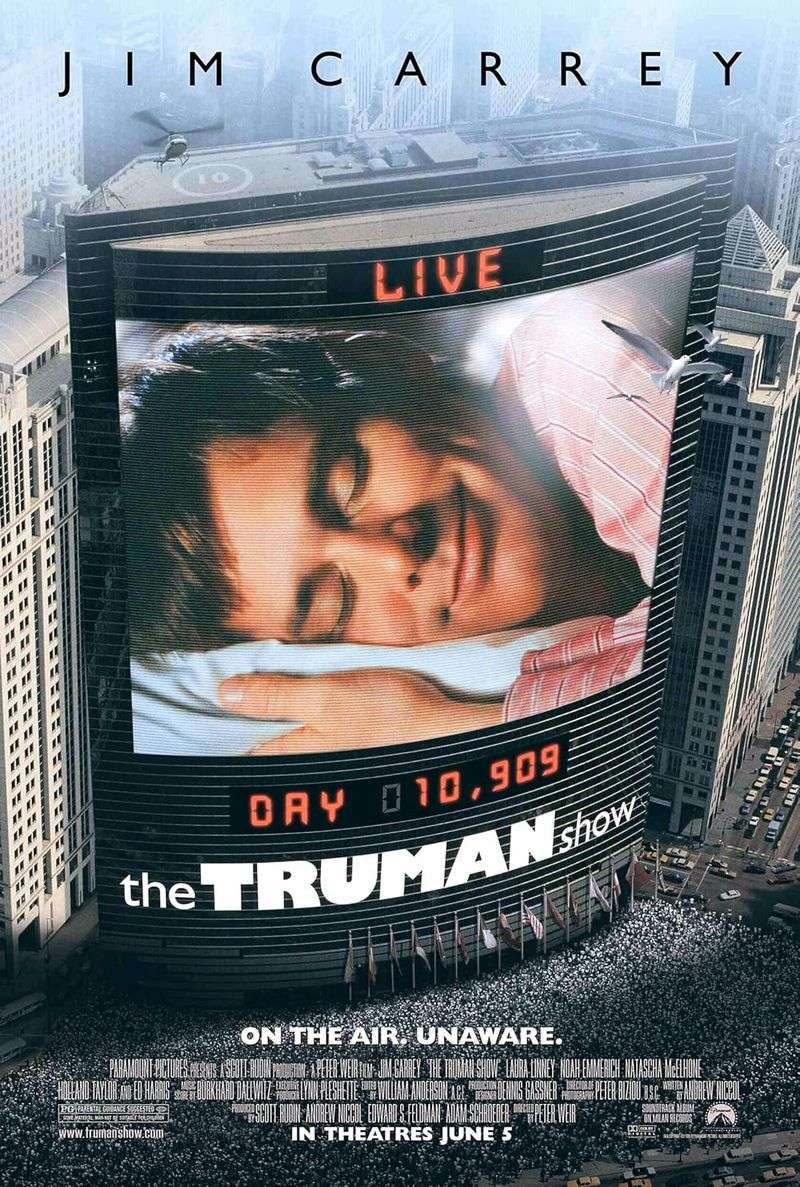
‘The Truman Show’ offered a prescient look into the future of reality television and the surveillance culture. It tells the story of Truman Burbank, unknowingly the star of a reality show that broadcasts his life 24/7. This film anticipated the rise of reality TV shows where personal lives became a spectacle for entertainment.
The movie also eerily predicted society’s obsession with surveillance, as cameras track Truman’s every move. Today, influencer culture and constant social media presence echo this reality.
In its poignant narrative, the film raises questions about privacy, control, and the nature of reality itself — themes increasingly relevant in the digital age.
3. Back to the Future Part II (1989)
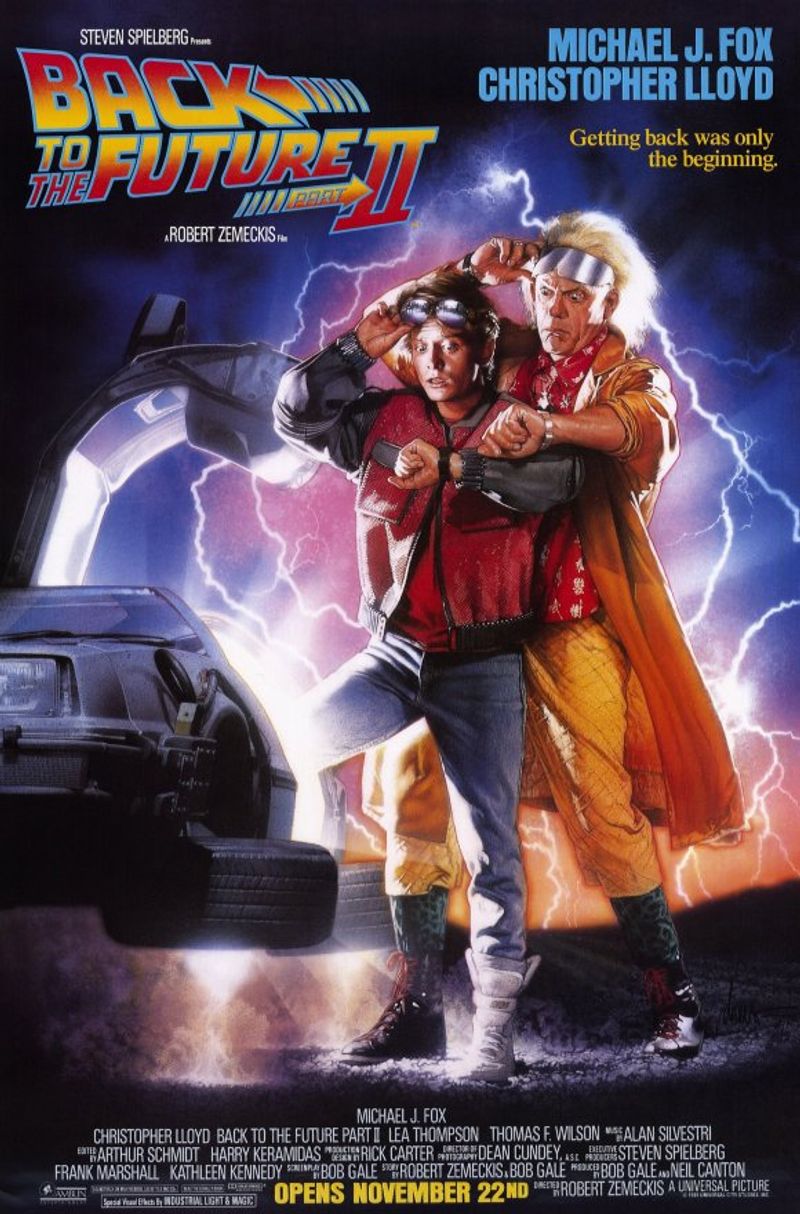
In ‘Back to the Future Part II’, the filmmakers depicted a 2015 vision filled with flying cars and hoverboards. While those innovations haven’t materialized, the film accurately predicted the advent of video calls and wearable technology.
Characters used voice-activated devices and smart glasses, akin to today’s smartwatches and AR glasses. The movie also foresaw the Chicago Cubs’ near World Series victory, a prediction that came true in 2016.
This blend of accurate and fantastical predictions highlights the unpredictable yet fascinating trajectory of technological progress. Its whimsical take on the future remains both entertaining and surprisingly insightful.
4. Network (1976)
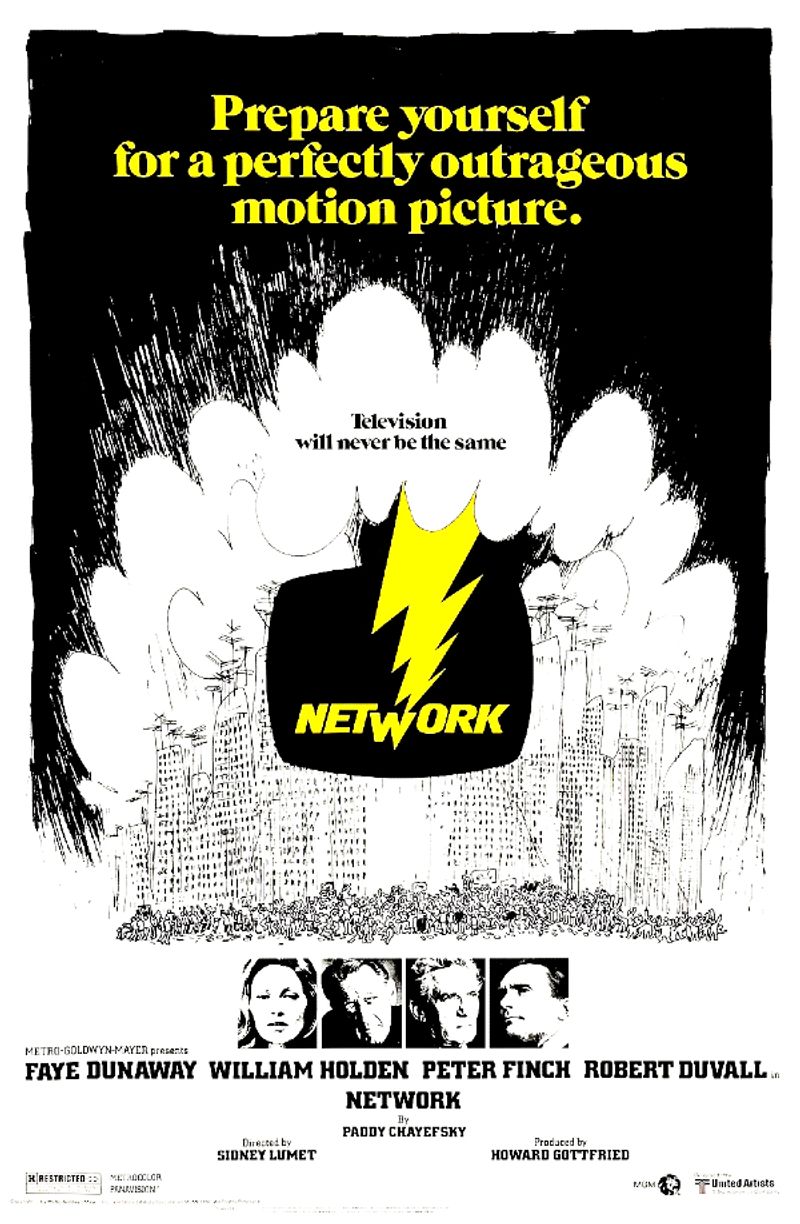
‘Network’ presents a dark satire of the television industry’s obsession with ratings, which feels uncomfortably familiar in today’s media landscape. The story follows a network that sacrifices integrity for sensationalism, capturing the shift towards click-bait journalism.
This film depicted the future of media as a spectacle-driven industry, prioritizing entertainment over factual reporting. Today, the internet and 24-hour news channels often echo these themes, emphasizing shock value.
By critiquing the media’s direction, ‘Network’ provides a timeless commentary on the ethics and responsibilities of journalism, making it a prescient piece of cinematic history.
5. Her (2013)
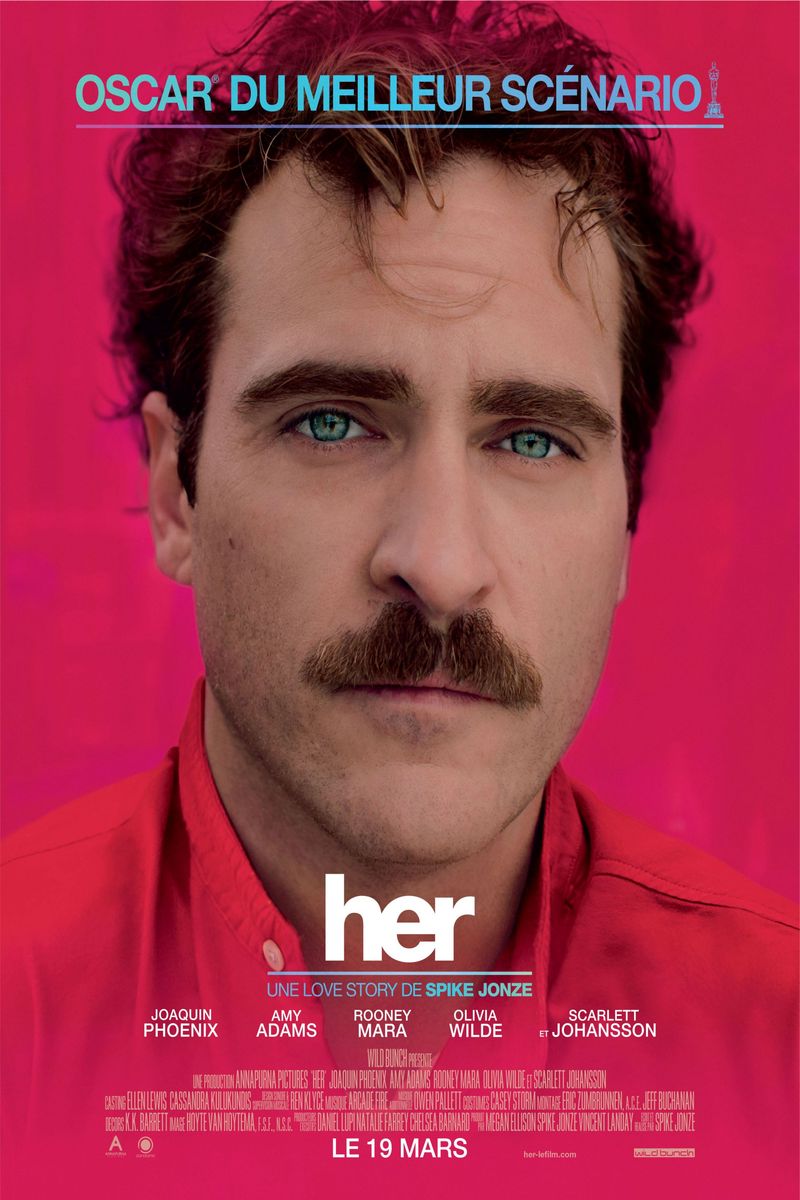
‘Her’ offers a touching exploration of human relationships in an age of technology. Theodore, the protagonist, forms a deep emotional bond with his AI operating system, Samantha, which anticipates today’s interactions with AI like Siri or Google Assistant.
The film thoughtfully examines the emotional connections people can form with technology, foreshadowing real-world trends of forming attachments to digital personas. It raises questions about the nature of love and companionship in a digital era.
‘Her’ serves as both a cautionary tale and a sympathetic look at loneliness and connection in the modern world, resonating deeply in today’s tech-driven society.
6. Idiocracy (2006)
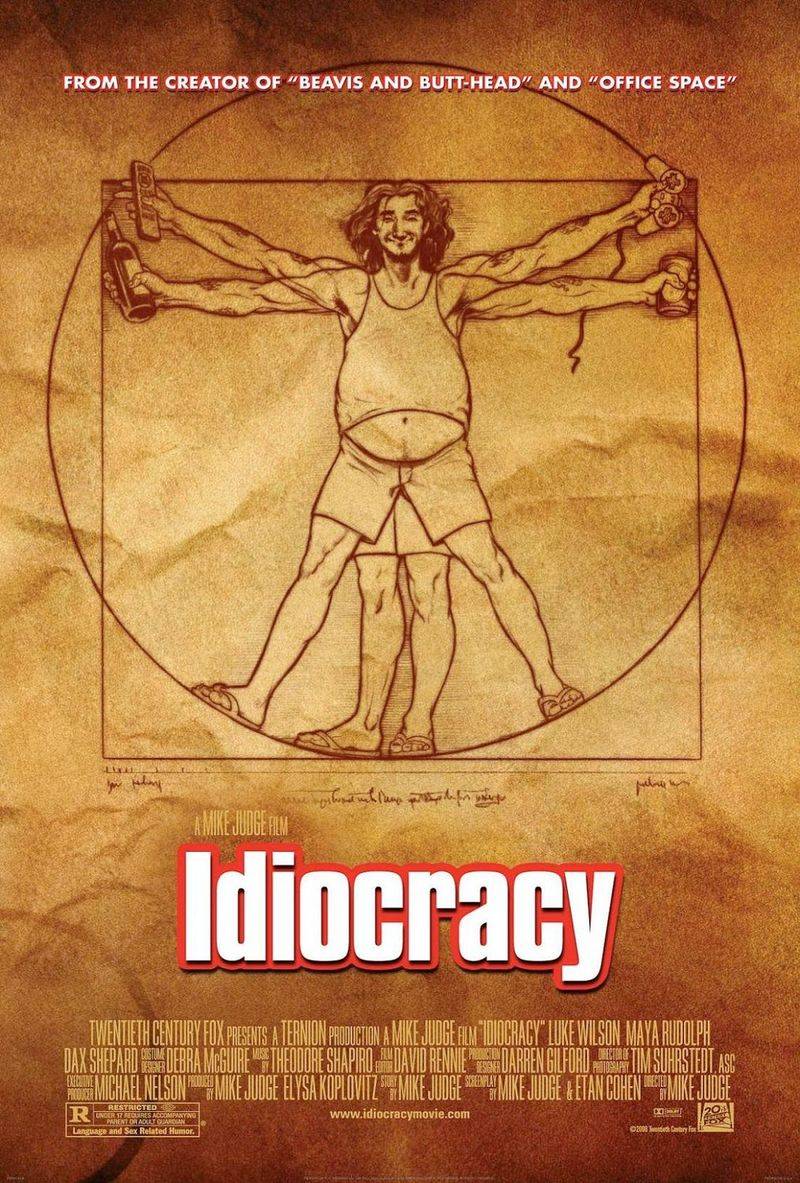
‘Idiocracy’ depicts a future where society has succumbed to anti-intellectualism, declining attention spans, and a junk-food-driven lifestyle. Initially a farcical comedy, the film has become eerily prophetic, as today’s world grapples with similar issues.
The narrative explores the consequences of consumerism and media saturation, reflecting a society obsessed with instant gratification. As people become more engrossed in entertainment and less in critical thinking, ‘Idiocracy’ serves as a warning.
Its exaggerated portrayal of the future highlights the importance of education and critical thought, offering a satirical yet poignant critique of contemporary cultural trends.
7. Minority Report (2002)
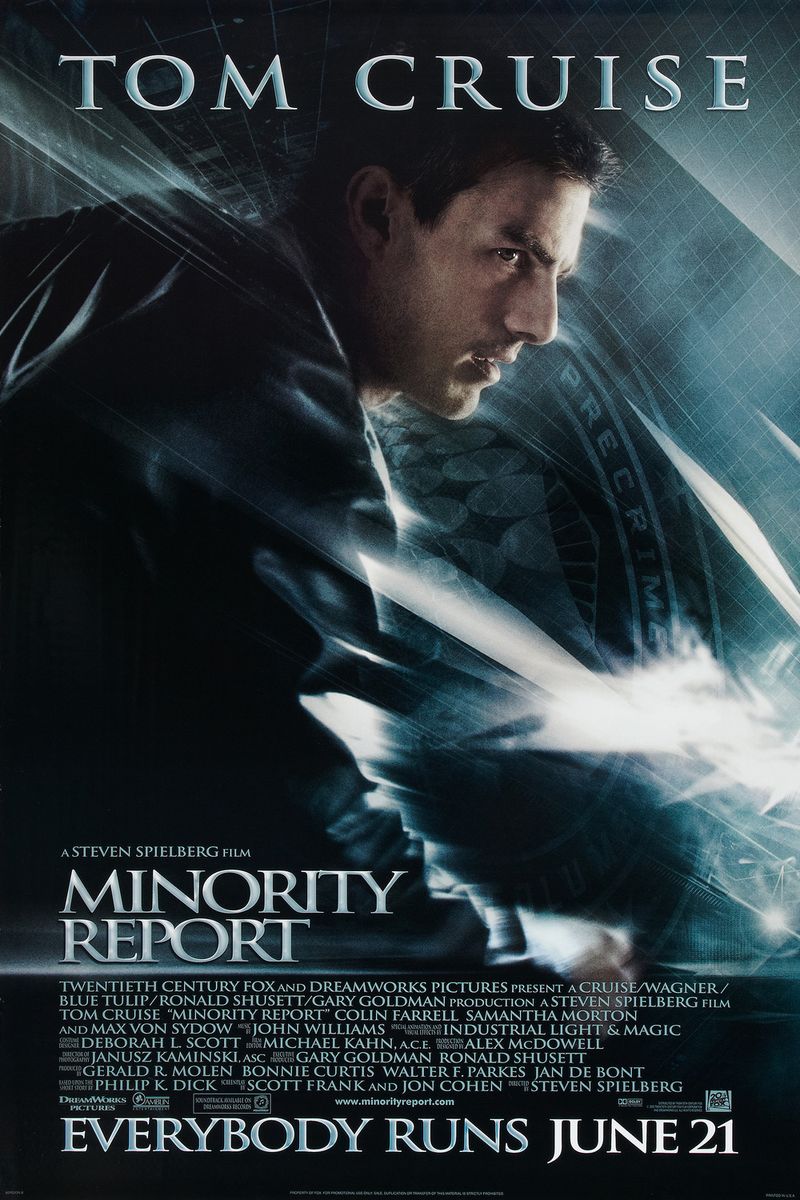
‘Minority Report’ envisions a future where predictive policing and personalized advertising are the norms, concepts that are increasingly becoming reality. The film’s portrayal of gesture-controlled interfaces has been realized through modern touchless technology.
Its depiction of a society where individuals are targeted based on predicted future crimes raises ethical questions about privacy and free will. These themes resonate with today’s discussions on data mining and surveillance.
By presenting a future of technological determinism, ‘Minority Report’ challenges viewers to consider the balance between security and personal freedom, making it a thought-provoking exploration of technology’s role in society.
8. The Net (1995)
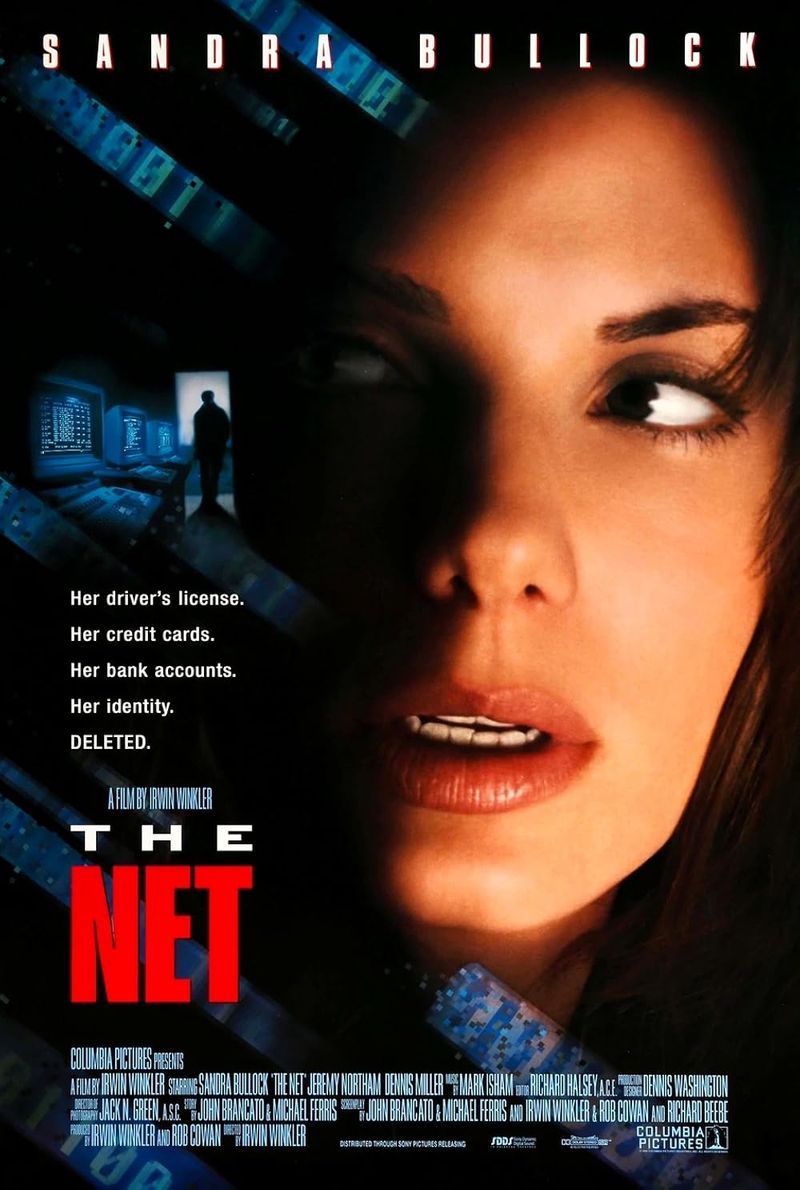
‘The Net’ explores the dark side of the digital age, highlighting issues of identity theft and cybercrime. Sandra Bullock’s character becomes entangled in a conspiracy that erases her identity, a concept that predicted the real-world rise of online data breaches.
The film delves into the vulnerability of living a fully digital life, emphasizing the dangers of having personal information accessible online. Today, cyber threats are a significant concern, echoing the film’s warnings.
‘Net’ remains a relevant examination of privacy and security in the information age, cautioning against the potential perils of a connected world.
9. WALL-E (2008)
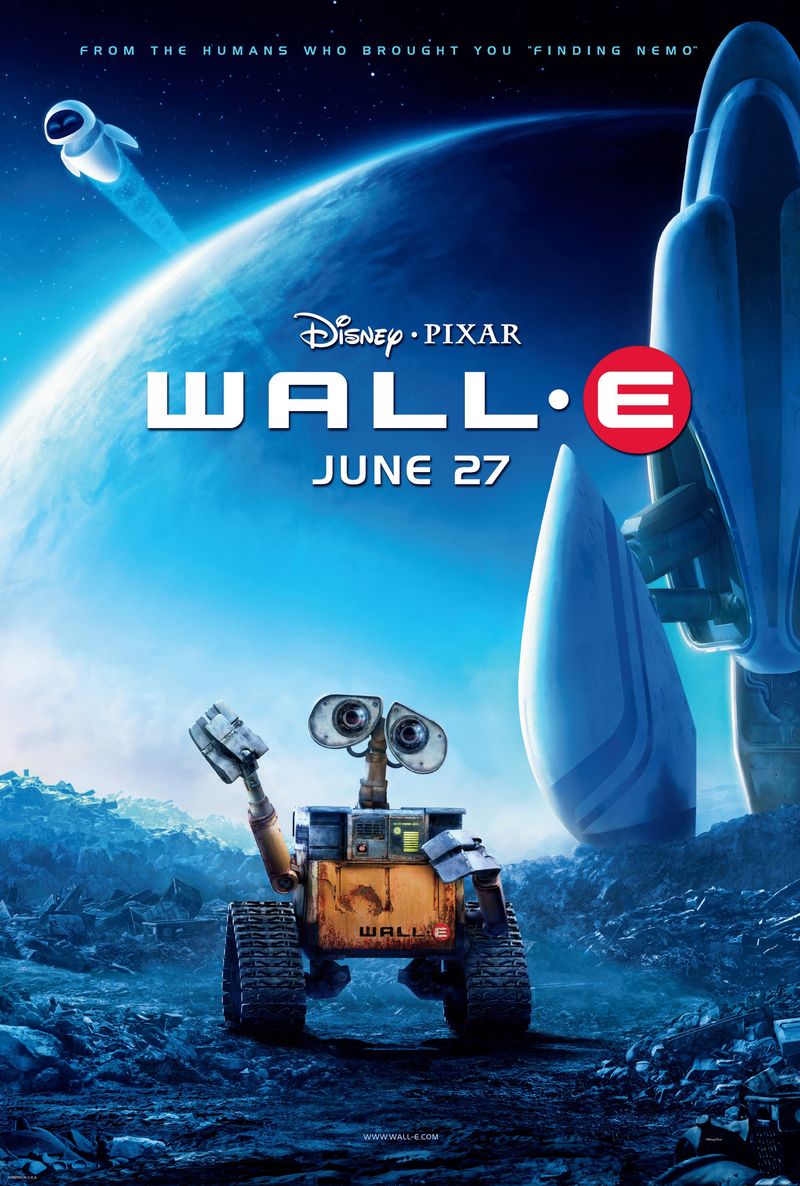
‘WALL-E’ offers a bleak yet hopeful vision of a future shaped by environmental neglect and technological overdependence. The film showcases a desolate Earth, overwhelmed by waste, reflecting current concerns about climate change and sustainability.
Humans, living in space, are depicted as screen-addicted and immobile, a nod to today’s sedentary lifestyle influenced by technology. The film’s environmental message underscores the importance of stewardship and sustainable living.
Through the eyes of a small, diligent robot, ‘WALL-E’ tells a story of hope and redemption, emphasizing the need for collective action to prevent a future dominated by ecological disregard.
10. Gattaca (1997)
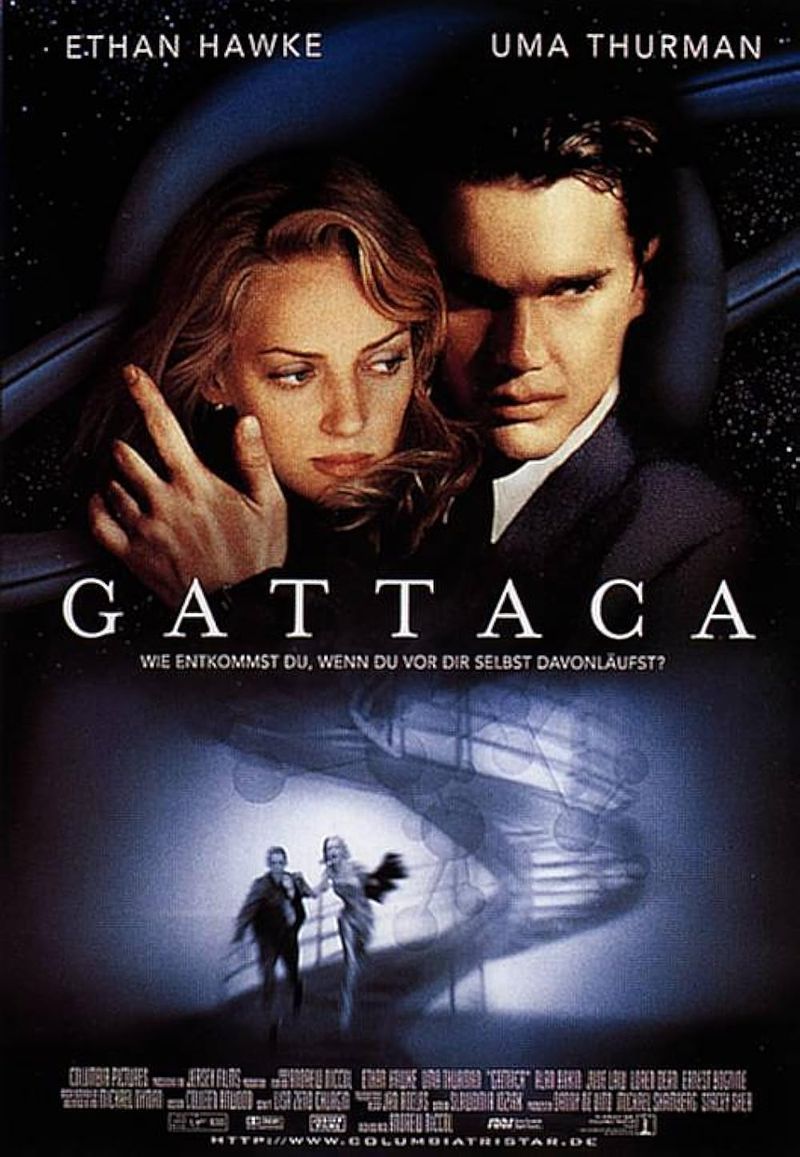
‘Gattaca’ explores the ethical and societal implications of genetic engineering, a subject gaining relevance with advances in CRISPR technology. The film presents a future where genetic perfection dictates one’s destiny, raising questions about identity and equality.
This narrative highlights the potential for discrimination based on genetic makeup, a concept that resonates as genetic testing becomes more accessible. The film’s portrayal of designer babies and eugenics sparks important discussions about the future of human evolution.
‘Gattaca’ remains a thought-provoking examination of the moral dilemmas posed by genetic engineering, challenging viewers to consider the consequences of playing God with human DNA.
11. Contagion (2011)
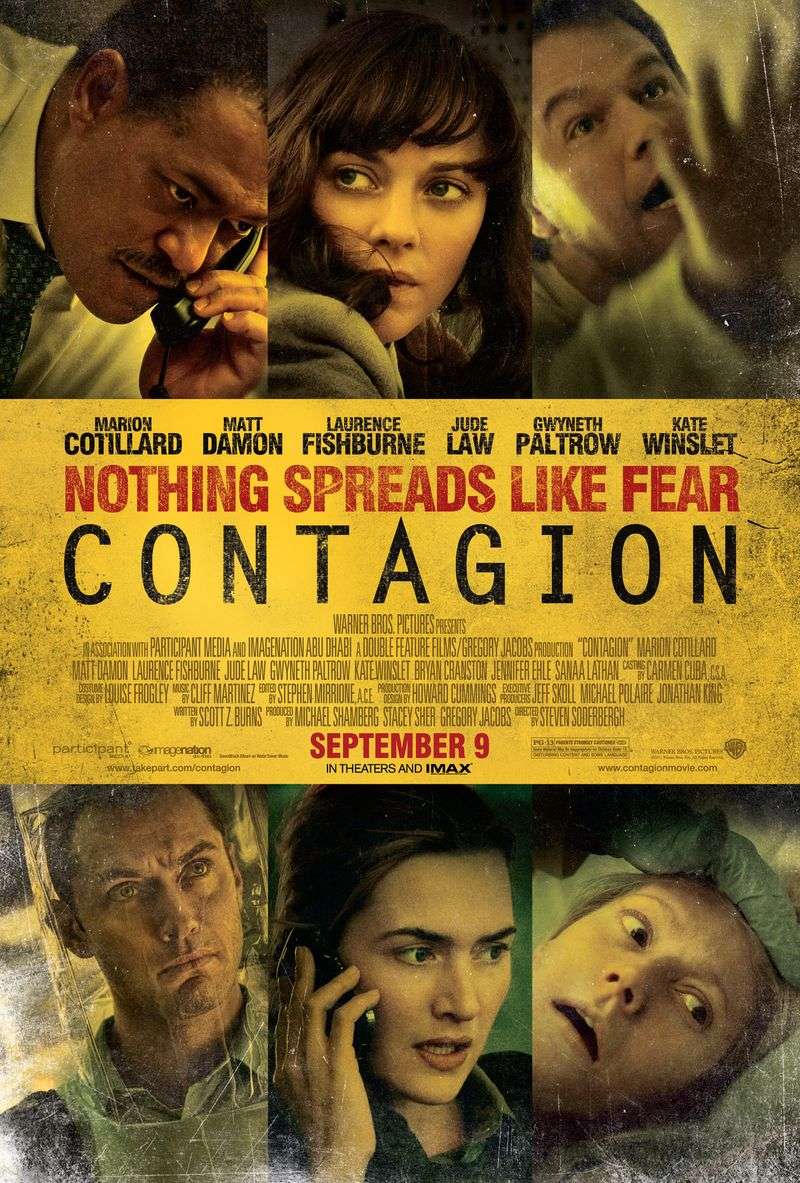
‘Contagion’ anticipated the global pandemic experience with unsettling accuracy, depicting a deadly virus spreading rapidly across the globe. The film’s portrayal of societal responses — panic, lockdowns, and vaccine development — mirrors real-world events during COVID-19.
The narrative highlights the critical role of public health and scientific collaboration in combating infectious diseases. ‘Contagion’ offers a sobering look at how interconnected the world is, emphasizing the importance of preparedness and resilience.
By capturing the essence of a pandemic, the film remains a vital reference point for understanding the impact of global health crises and the human spirit’s endurance.
12. The Running Man (1987)
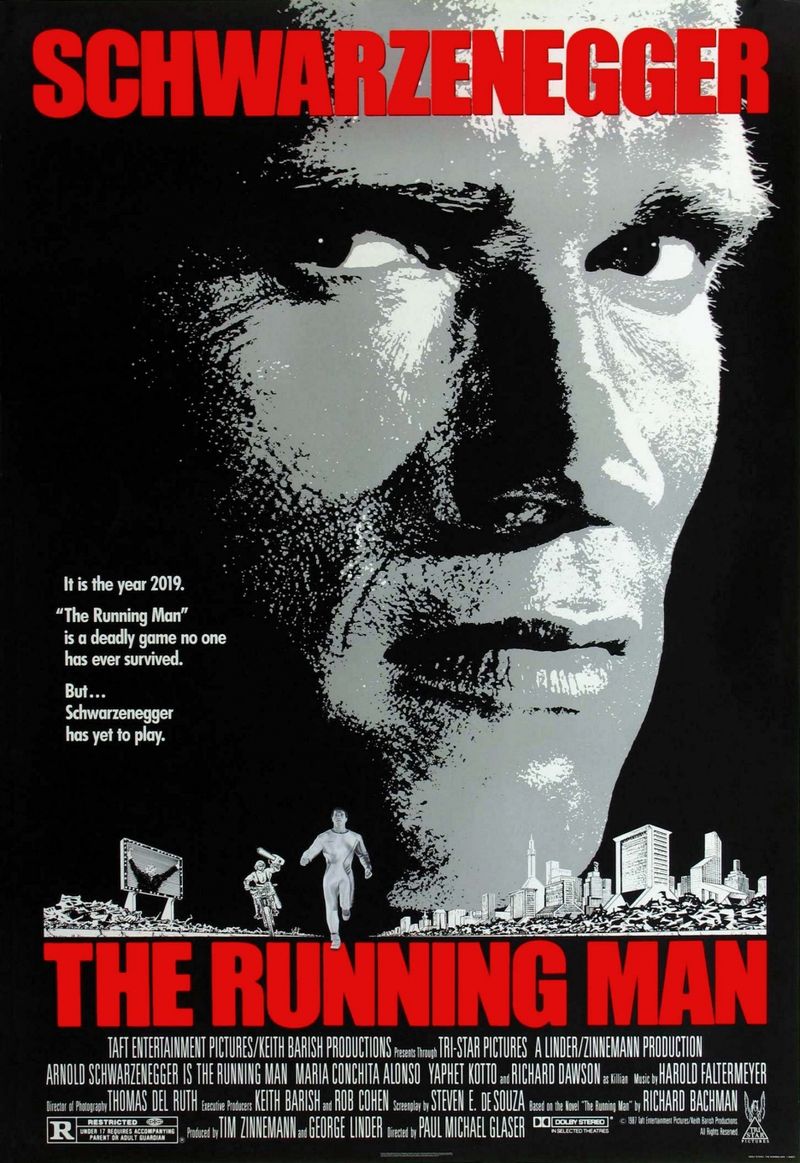
‘The Running Man’ presents a dystopian vision of the future where game shows are a matter of life and death. This film anticipates the rise of extreme reality competition shows, blending entertainment with survival.
The narrative critiques the spectacle-driven media culture, highlighting society’s fascination with violence and reality TV. Today, the lines between entertainment and real life blur more than ever, echoing the film’s themes.
By envisioning a world where reality becomes brutal entertainment, ‘The Running Man’ remains a powerful commentary on media ethics and the consequences of sensationalism, urging a reflection on the values that drive contemporary culture.

Comments
Loading…